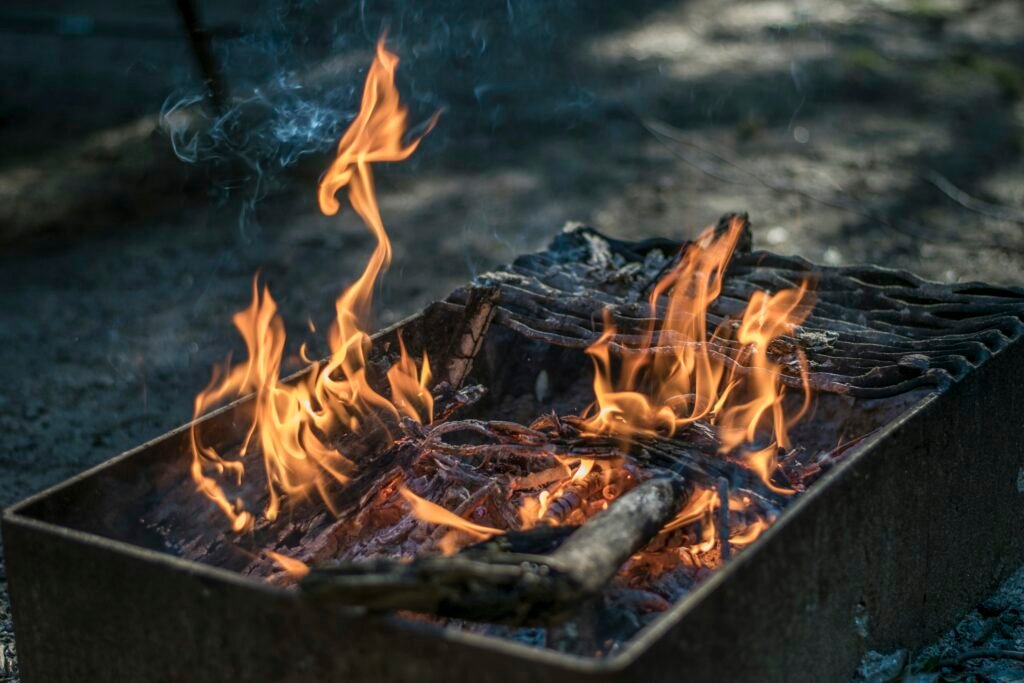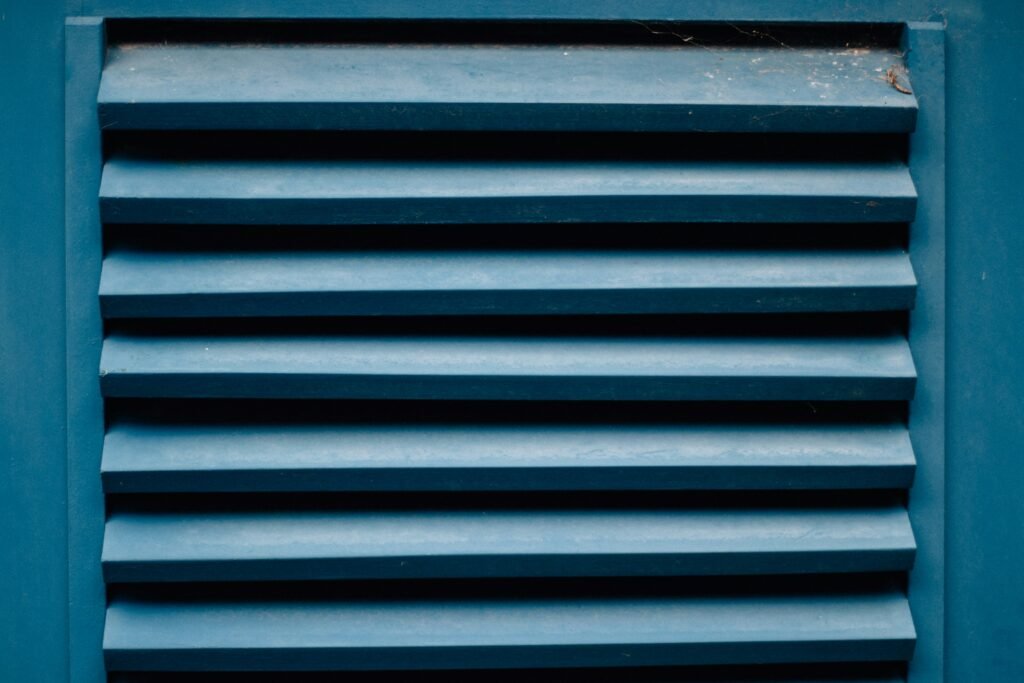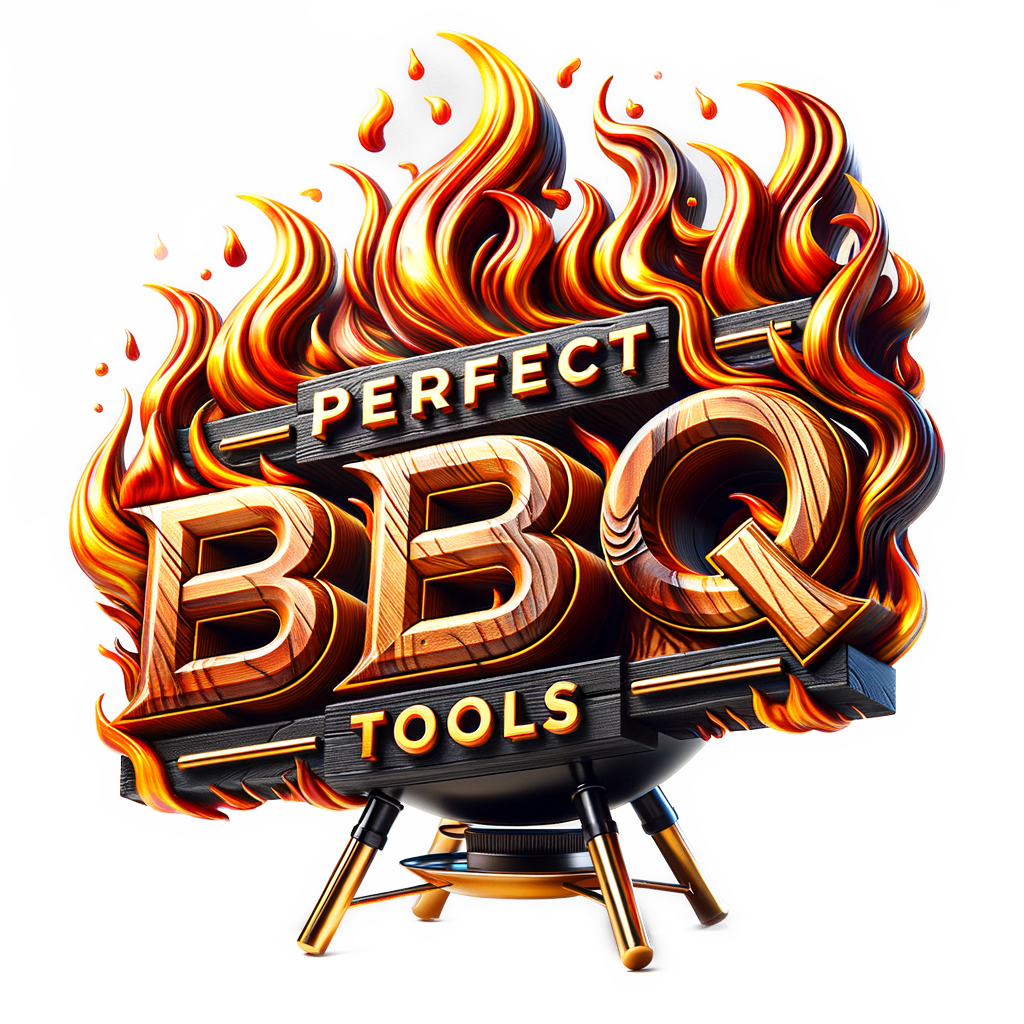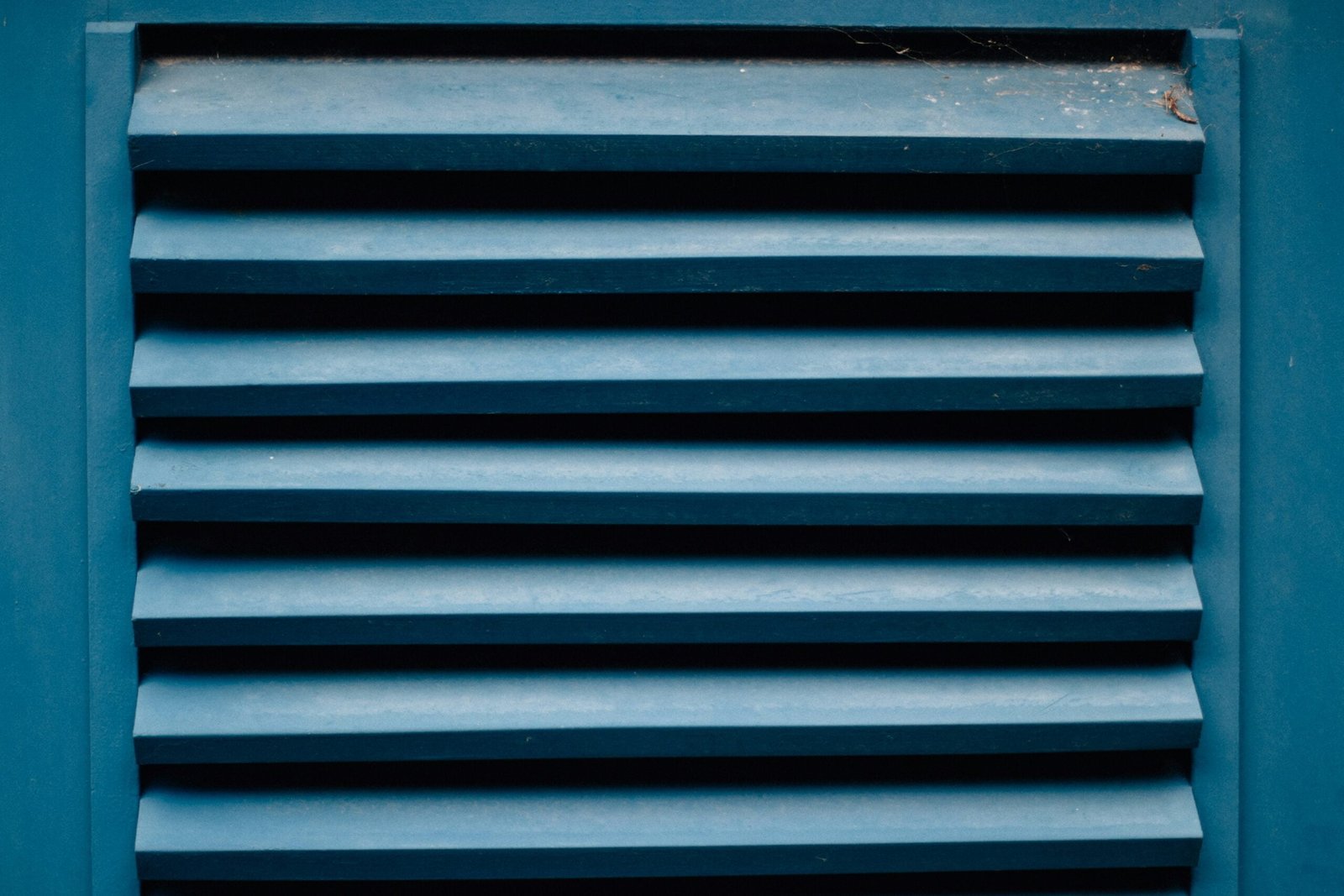Grilling season is upon us, and as you gather with friends and family to enjoy delicious meals cooked over an open flame, there’s nothing worse than having your food stick to the grill grates. But fear not, because there are simple and effective ways to ensure your burgers, vegetables, and skewers slide off the grates with ease. In this article, we will explore some tried-and-true methods that will keep your grill grates clean and your food mouthwateringly perfect. Say goodbye to burnt-on remnants and hello to a hassle-free grilling experience.

Understanding the Reasoning Behind Food Sticking
Overview of why food sticks to grill grates
When cooking on a grill, it can be frustrating to have food stick to the grates. Understanding why this happens is the first step in preventing it. Food sticking to grill grates is primarily due to the proteins in the food forming a bond with the metal grates. This bond is often accelerated by excessive heat or lack of proper preparation.
Variables impacting stickiness of food on grates
Several variables can impact the stickiness of food on grates. The type of food being cooked, its moisture content, the cleanliness of the grates, and the material of the grates themselves all play a role. For example, foods with a high sugar content, such as barbecue sauce, are more likely to stick. Additionally, foods with high moisture content tend to stick more, as the moisture can create steam and cause the food to stick to the grates.
Types of food more prone to sticking on grills
Certain types of food are more prone to sticking on grills than others. Delicate items such as fish, burgers made with leaner meats, and smaller vegetables like cherry tomatoes are more likely to stick due to their softer texture or smaller size. It is important to pay extra attention to preparing and cooking these foods to prevent sticking.
Choosing the Right Grill Grates
Exploring different grill grate materials
Choosing the right grill grates is essential in preventing food from sticking. There are several different materials to consider, each with its own advantages and disadvantages. Cast iron grates are known for their excellent heat retention and even cooking, but they require regular maintenance to prevent rust. Stainless steel grates are popular for their durability and resistance to rust, but they may not retain heat as well as cast iron. Porcelain-enameled grates combine the strength of stainless steel with the non-stick properties of porcelain, providing a good balance for preventing sticking.
Factors to consider while buying grill grates
When buying grill grates, it is important to consider your specific needs and preferences. Consider factors such as heat retention, durability, ease of cleaning, and budget. If you prioritize heat retention and are willing to put in the maintenance effort, cast iron grates might be the right choice for you. On the other hand, if you prefer low maintenance and durability, stainless steel or porcelain-enameled grates may be more suitable.
Advantages and disadvantages of cast iron, stainless steel, and porcelain grill grates
Cast iron grates are known for their ability to retain heat and create excellent sear marks on food. However, they require regular seasoning and maintenance to prevent rust. Stainless steel grates are durable, easy to clean, and resistant to rust, but they may not retain heat as well as cast iron. Porcelain-enameled grates provide a non-stick surface and the durability of stainless steel, but they can chip or rust if not properly cared for. Consider these advantages and disadvantages when choosing grill grates to prevent food from sticking.
Proper Pre-grill Preparation of the Grates
The importance of pre-heating grates
Pre-heating the grates is crucial to prevent food from sticking. By pre-heating the grill, you allow the grates to reach a high temperature, which helps to create a non-stick surface. This also helps to kill any bacteria on the grates, ensuring a safe cooking environment.
How to properly clean your grill grates
Proper cleaning of the grill grates is essential for preventing sticking. Before pre-heating the grill, use a grill brush to remove any leftover food particles or debris from the grates. For stubborn residue, you can also use a scraper. It is important to clean the grates thoroughly to create a smooth cooking surface.
Applying oils to grates prior to grilling
To further prevent food from sticking, lightly coat the grates with oil before cooking. This creates a barrier between the food and the grates, reducing the chances of sticking. Use a high smoke point oil, such as vegetable or canola oil, and apply it using a brush or a folded paper towel. Be sure to apply it evenly to the entire cooking surface.
Appropriate use of Grilling Temperature
Impact of temperature on food sticking
The temperature at which you cook your food plays a significant role in preventing sticking. If the grill temperature is too low, the food may stick to the grates. On the other hand, if the temperature is too high, it can cause the food to burn and stick. Maintaining the proper grilling temperature is essential for preventing sticking.
Correct temperature for different types of food
Different types of food require different grilling temperatures to prevent sticking. As a general guideline, high heat is ideal for searing meat and creating a non-stick surface. For delicate items such as fish or vegetables, lower heat is recommended to prevent sticking and ensure even cooking. It is essential to know the ideal temperature for each type of food to prevent sticking and achieve desired results.
Tips on how to effectively manage grill temperature
To effectively manage the grill temperature, it is important to preheat the grill properly and monitor the temperature throughout the cooking process. Use a grill thermometer to accurately gauge the temperature. Adjust the heat source accordingly, whether it be gas or charcoal, to maintain the desired temperature. By closely monitoring and adjusting the heat, you can prevent food from sticking and ensure optimal results.

Preparing the Food Before Grilling
How to properly marinate your food
Marinating your food before grilling can help prevent sticking and enhance the flavor. When marinating, ensure the food is thoroughly coated in the marinade and allow it to sit for the recommended time. The acidity in marinades can help break down proteins, making the food less likely to stick. Additionally, marinating can add moisture to the food, further reducing the chances of sticking.
Role of oil and rubs in preventing stickiness
Applying oil or rubs to the food before grilling can help create a non-stick surface. Coat the food with a thin layer of oil, using a brush or your hands, to prevent it from sticking to the grates. Similarly, applying dry rubs or spices can add flavor while creating a barrier between the food and the grates, reducing the chances of sticking.
Tips on drying food before grilling it to prevent sticking
Before placing the food on the grill, ensure that it is adequately dried. Excess moisture on the surface of the food can increase the chances of sticking. Use paper towels to pat dry the food, removing any excess moisture. This simple step can significantly reduce sticking and improve the overall texture of the grilled food.
Choosing the Right Tools for Grilling
Tools that make grilling easier and prevent food from sticking
Investing in the right grilling tools can make a significant difference in preventing food from sticking. Non-stick grill mats or grill baskets can be used to create a barrier between the food and the grates. These tools make it easier to flip delicate items, such as fish or vegetables, without them sticking to the grates.
The importance of grill brushes and tongs
Grill brushes and tongs are essential tools for preventing sticking and ensuring proper cooking. A good grill brush allows you to clean the grates thoroughly before and after grilling, removing any food residue that may cause sticking. Tongs, on the other hand, provide better control when flipping or moving the food, reducing the chances of it sticking or breaking apart.
How to use these tools effectively
When using grill brushes, ensure that the grates are cool to the touch before cleaning. Brush the grates in a back-and-forth motion to remove any debris or residue. Use tongs to gently flip or move the food, avoiding excessive pressure or squeezing, which can cause sticking. By using these tools effectively, you can prevent sticking and achieve better grilling results.

Mastering the Technique of Leaving the Food Alone
Understanding when to flip the food
One of the keys to preventing sticking is knowing when to flip the food. Generally, it is best to let the food cook undisturbed until it forms a crust or a sear on the first side. This crust helps to create a non-stick surface, making it easier to flip without the food sticking to the grates. By being patient and allowing the food to cook properly, you can prevent sticking and achieve better grill marks.
The ‘Don’t mess with it’ technique, letting the food naturally release from the grates
The “Don’t mess with it” technique involves leaving the food untouched on the grates until it naturally releases. As the food cooks and forms a crust, it will naturally release from the grates, making it easier to flip or remove without sticking. Patience is key with this technique, as prematurely flipping or moving the food can cause it to stick.
How to identify if the food is ready to be turned or moved
To identify if the food is ready to be turned or moved, gently lift a corner of the food using tongs or a spatula. If it releases easily from the grates, it is a good indication that it is ready to be flipped or moved. If it sticks or resists lifting, allow it to cook for a little longer before attempting to turn or move it. By carefully assessing the readiness of the food, you can prevent sticking and achieve perfectly cooked results.
Proper After-grill Cleaning of the Grates
Why it is important to clean grill grates after cooking
Cleaning the grill grates after cooking is crucial for several reasons. First, it helps to remove any remaining food particles or debris, preventing them from accumulating and affecting the performance of the grill. Second, it helps to prevent sticking in future cookouts by maintaining a smooth and clean cooking surface. Lastly, cleaning the grates extends their lifespan, ensuring they remain in good condition for prolonged use.
How to effectively clean grill grates post grilling
After grilling, use a grill brush to remove any food residue or debris from the grates. If necessary, use a scraper to tackle stubborn residue. Warm soapy water can be used to scrub the grates, followed by a thorough rinse. For stainless steel or porcelain-enameled grates, a mild dish detergent is ideal. Once cleaned, allow the grates to air dry before covering the grill.
Maintaining grill grates for prolonged use
To maintain grill grates for prolonged use, it is important to clean them regularly and follow proper maintenance practices. Seasoning cast iron grates regularly helps to prevent rust and maintain a non-stick surface. Stainless steel and porcelain-enameled grates should be cleaned after each use and inspected for any signs of damage or rust. By properly maintaining the grates, they will last longer and provide excellent grilling results.
Using Grill Pans and Baskets
Benefits of using grill pans and baskets
Grill pans and baskets are valuable tools in preventing food from sticking. They provide a convenient way to grill smaller, delicate, or hard-to-handle items while keeping them from falling through the grates. They also help to create a non-stick cooking surface, making it easier to flip or remove the food without sticking.
How to use these tools to prevent food from sticking
When using grill pans or baskets, preheat them along with the grill to ensure even cooking. Lightly coat the pans or baskets with oil to create a non-stick surface. Place the food in the pan or basket and grill as directed. The non-stick surface of these tools will prevent the food from sticking to the grates, resulting in an easier and more enjoyable grilling experience.
Choosing the right grill pan or basket
When choosing a grill pan or basket, consider the size, material, and design. Ensure that the pan or basket fits well on your grill and can accommodate the quantity and type of food you plan to cook. Look for non-stick surfaces or stainless steel materials that are easy to clean and maintain. By selecting the right grill pan or basket, you can prevent food from sticking and achieve great grilling results.
Special Tricks and Techniques
Using tin foil to prevent food sticking
An effective trick for preventing food from sticking is to use tin foil. When grilling delicate or sticky foods, place a sheet of tin foil on the grill grates. Poke small holes in the foil to allow heat and smoke to penetrate while preventing the food from sticking to the grates. This technique creates a non-stick surface and makes cleanup a breeze.
Unique grilling techniques to avoid food sticking
Experimenting with unique grilling techniques can also help prevent food from sticking. For example, using cedar planks for grilling fish imparts a smoky flavor and prevents sticking. Another technique is grilling food in a salt crust, which creates a protective barrier and adds flavor while preventing the food from directly touching the grates.
Expert tips and hacks for a non-stick grilling experience
Experts recommend several tips and hacks for a non-stick grilling experience. One tip is to ensure that the grates are clean and well-oiled before placing the food on them. It is also helpful to preheat the grates properly and allow them to reach the desired temperature before cooking. Additionally, adjusting the heat and using indirect grilling techniques for delicate foods can prevent them from sticking. By implementing these expert tips and hacks, you can achieve a non-stick grilling experience and enjoy perfectly cooked food.
In conclusion, preventing food from sticking to grill grates is possible by understanding the reasons behind it and taking the necessary steps before, during, and after grilling. By choosing the right grill grates, properly preparing them, managing the grilling temperature, preparing the food adequately, using the right tools, and mastering the technique of leaving the food alone, you can significantly reduce sticking and enhance your grilling experience. Proper cleaning and maintenance of the grates, along with the use of grill pans or baskets, tin foil, and unique grilling techniques, offer additional options to avoid food sticking. With these comprehensive tips, tricks, and techniques, you can have a non-stick grilling experience and impress your family and friends with delicious, perfectly cooked meals. So, fire up the grill and enjoy a hassle-free grilling adventure!

